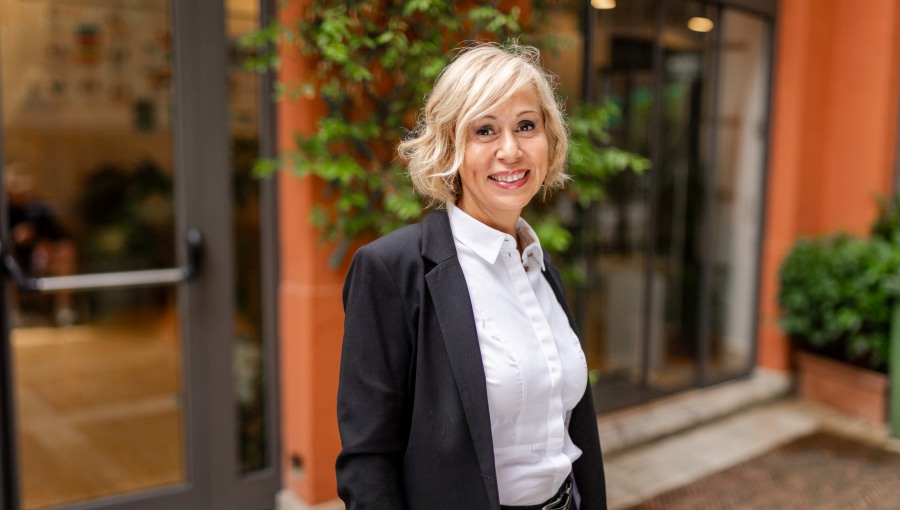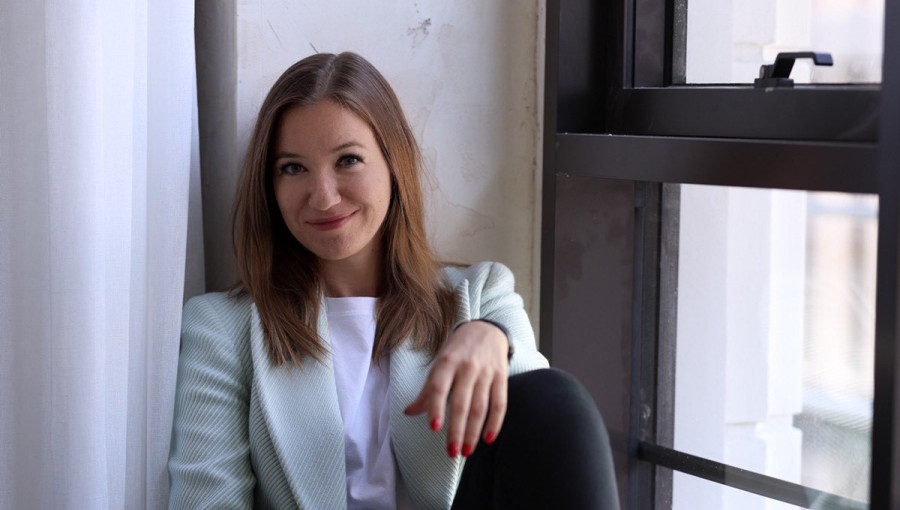Fondazione Telethon: JCU Welcomes Fundraising Director Alessandro Betti
“Per noi, ogni vita conta” (Each life matters to us) ∼ Susanna Agnelli
Professor Antonella Salvatore welcomed Alessandro Betti, Fundraising Director at Fondazione Telethon to her course “Principles of Marketing” on March 30, 2021. Fondazione Telethon is an Italian non-profit organization that collects funds for rare genetic disease research.

Alessandro Betti (left) Fondazione Telethon
Alessandro Betti has been working at Telethon for almost 8 years, after 20 years spent in marketing and sales for multinational companies. He worked abroad for companies such as Barilla, Philips, and Johnson & Johnson, before bringing his experience to the fundraising sector. Betti explained the dynamics of marketing in a non-profit organization like Telethon.
The mission
Telethon’s mission is to assist patients with rare genetic diseases. As Betti explained, there are more than 250 million people affected by rare diseases worldwide, of which 600,000 in Italy. There are more than 6,000 different rare diseases (80% of which have a genetic cause), and most of them still have no known cure or are still undiagnosed due to their rarity. Telethon’s goal is to prioritize disorders that are currently overlooked by research.
Telethon reaches out to families after disease onset and supports them in the search for a solution while extending patients’ life expectancy thanks to specific treatments. In 30 years, Telethon has invested about €500 million in over 2,600 research grants, 1,600 scientists, and more than 10,000 scientific publications abroad.
To raise the money necessary to improve patients’ quality of life, Telethon has to attract donors and motivate them to contribute to the cause. Since research is often a long process, which can require up to 15 years before finding an effective therapy, it’s important to convince sponsors to donate regularly to support the cause in the long run. Throughout the years, Telethon has raised more than €200 million in corporate funds.
Expanding marketing strategy
During the last two years, Telethon has expanded its marketing strategy. For example, its partnership with Caffarel, an Italian chocolate company, resulted in the production of heart-shaped chocolates to be purchased in support of research. Almost 250,000 hearts were sold by Telethon at social responsibility events. The Italian bakery Grondona also took part in the initiative to produce cookies, maintaining the heart-shaped theme.
Betti also discussed so-called “gene therapy,” a futuristic idea that delivers incredible results saving the lives of many children. Gene therapy provides the organism with the healthy version of a defective gene that can compensate for its malfunction. This therapy can be applied to different genetic conditions, and its use can even be extended to treat cancer. Many patients from all around the world go to Milan to receive this treatment. For those who cannot sustain travel and lodging costs in Milan, Telethon covers all the expenses.
Betti concluded by commenting on the current situation following Covid-19. The pandemic showed two trends: on one side solidarity, on the other a tendency toward individualism. Despite the recent fundraising drop, in 2020 Telethon raised €71 million, which is its best result to date.





